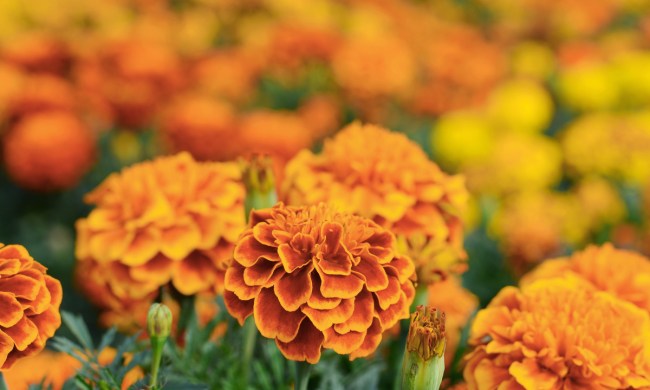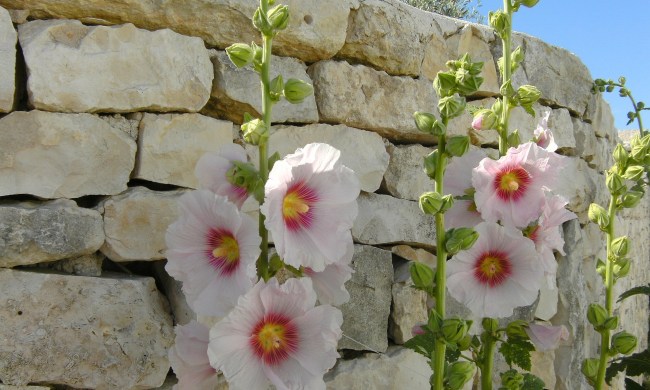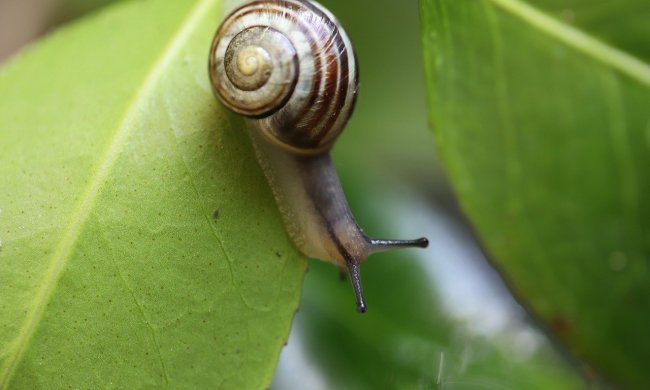Plant nutrition can be a complicated topic. There’s a wide assortment of products available on the market, ranging from fertilizers to supplements to sprays. Which ones do you actually need, and which are just for show? Here’s everything you need to know to guide you in making informed decisions about your garden.
Do my plants need vitamins?
There’s a variety of nutrients plants need, and different plants need things in different amounts. It’s a good idea to research the types of plants you have to see what their specific needs are. In general, plants do absorb and use vitamins, but most of their nutrients are derived from minerals and elements.
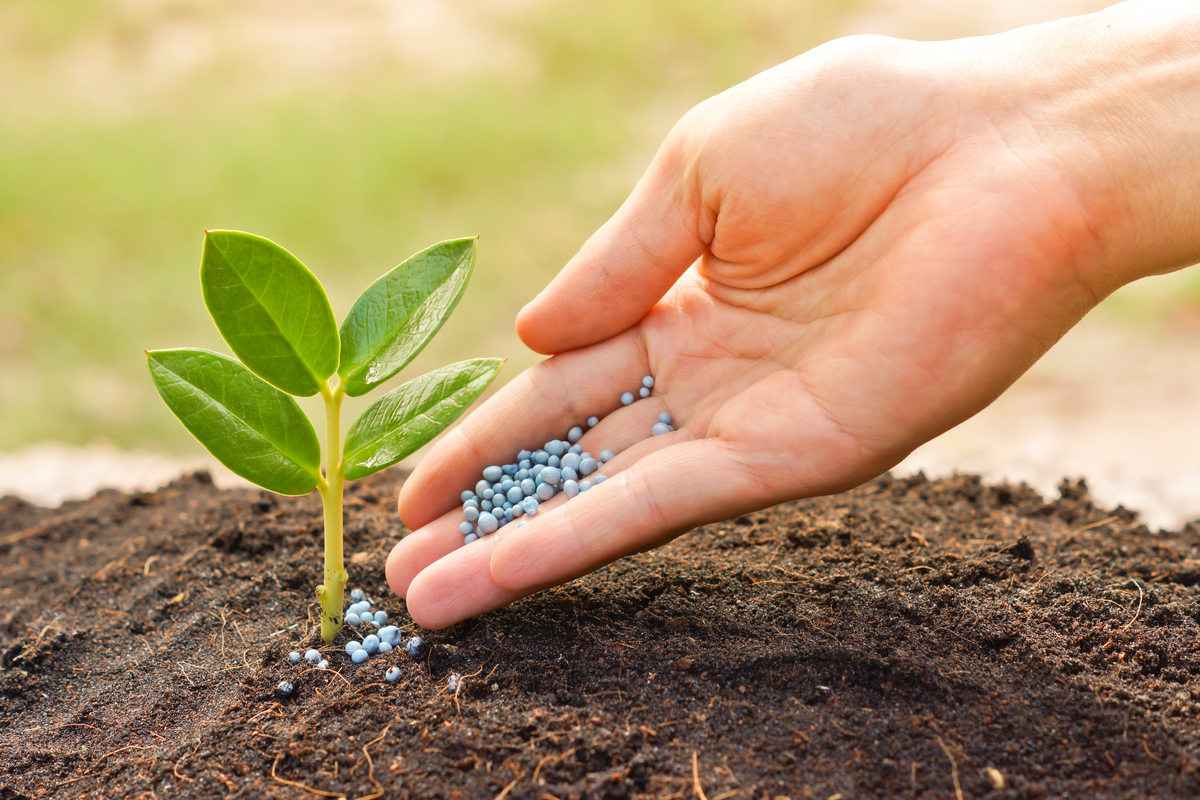
Some vitamins are still useful for plants, but, in general, they’re not quite as important as making sure your plants have enough nitrogen, phosphorus, and potassium. There also isn’t as much research into which vitamins are helpful and what specifically they do.
A good place to start is testing your soil to see what nutrients are naturally occurring. Once you know what you already have, then you can start adding in supplements. You can get a home soil test kit online, or you can see if your local landscaping or gardening businesses offer soil tests as a service. If they do, they can usually also offer advice on what products would be best for your specific soil.
What vitamins do my plants need?
Since research is limited, there are a lot of unsubstantiated claims as well as some tentative findings. That’s important to keep in mind. Three vitamins have been studied, but the research isn’t definitive yet. It’s good to keep a look out and see what future research might say about vitamins and plants.
Some studies showed that vitamin C is helpful for photosynthesis and could offer some protection from smog and ozone. This would make vitamin C supplements very useful for gardening or farming in urban areas where higher levels of smog can damage plants.
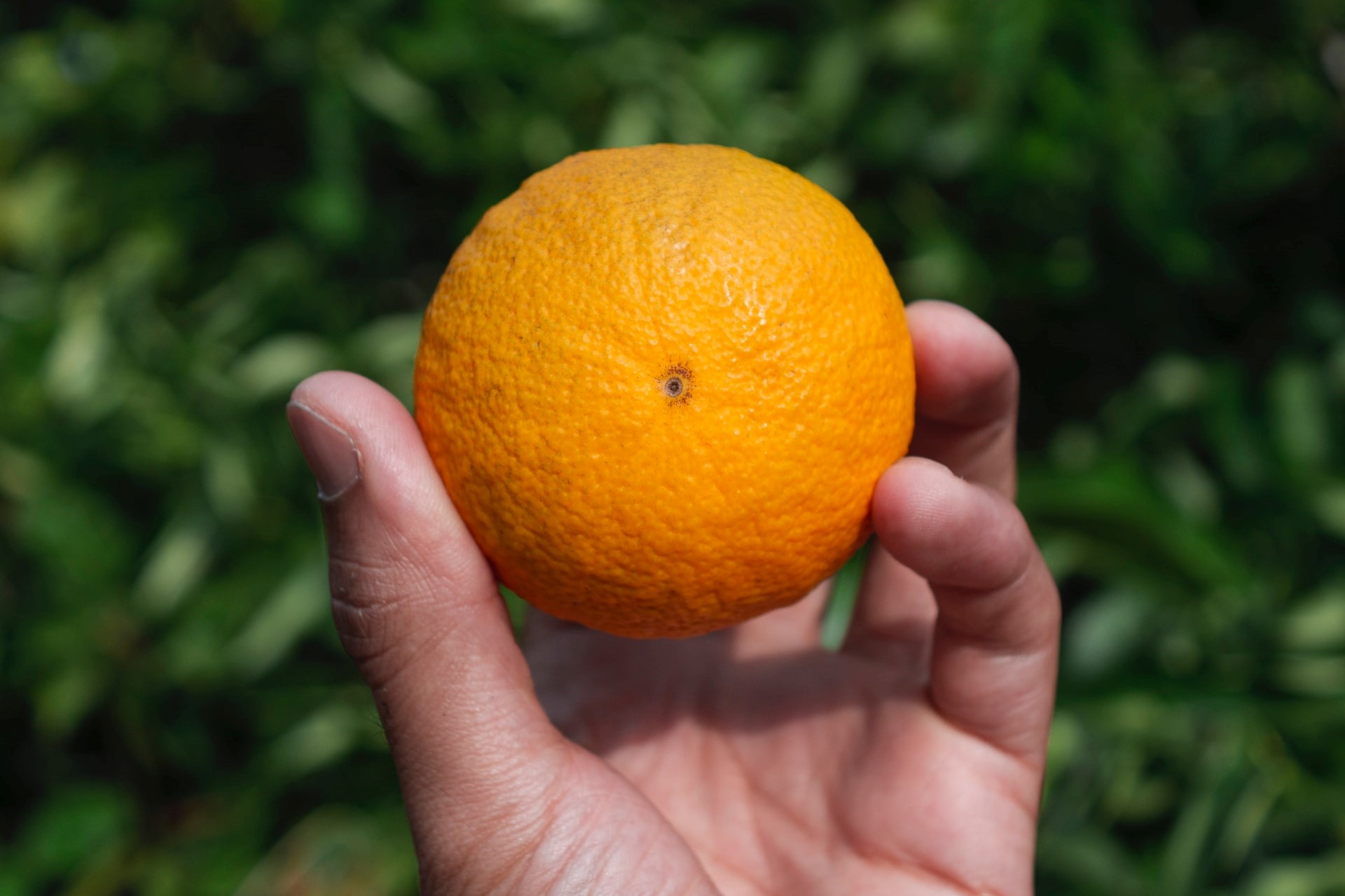
Vitamin E has also been found to potentially make plants more resistant to cold. This is a very interesting finding as it could lead to the development of more cold-resistant plants and make gardening and farming easier to maintain in more northern areas.
Vitamin B has been the subject of several studies with mixed results. Some studies found that vitamin B helped strengthen plants, but other studies found no such improvement. There isn’t yet consensus on what, if anything, vitamin B does to help plants, so research will just have to continue.
Should I give my plants vitamin supplements?
While the research on the potential benefits of vitamins isn’t yet clear, there haven’t been any reports of small doses of vitamins harming plants. If you want to add vitamins to your garden, then you certainly can! You just want to be sure you’re adding garden supplements, not human-grade multivitamins.
When you’re looking for a garden supplement and comparing products, check to see if the product lists all the vitamins and minerals included. If they make claims about what the vitamins they’ve added do for plants, see if they mention a study or support their claims. If they aren’t backed by science, they may not be trustworthy!
Of course, whenever you’re adding anything to your garden, you want to read the instructions carefully. More isn’t always better! Too much of one nutrient can stop a plant from absorbing and using another nutrient or cause other problems.
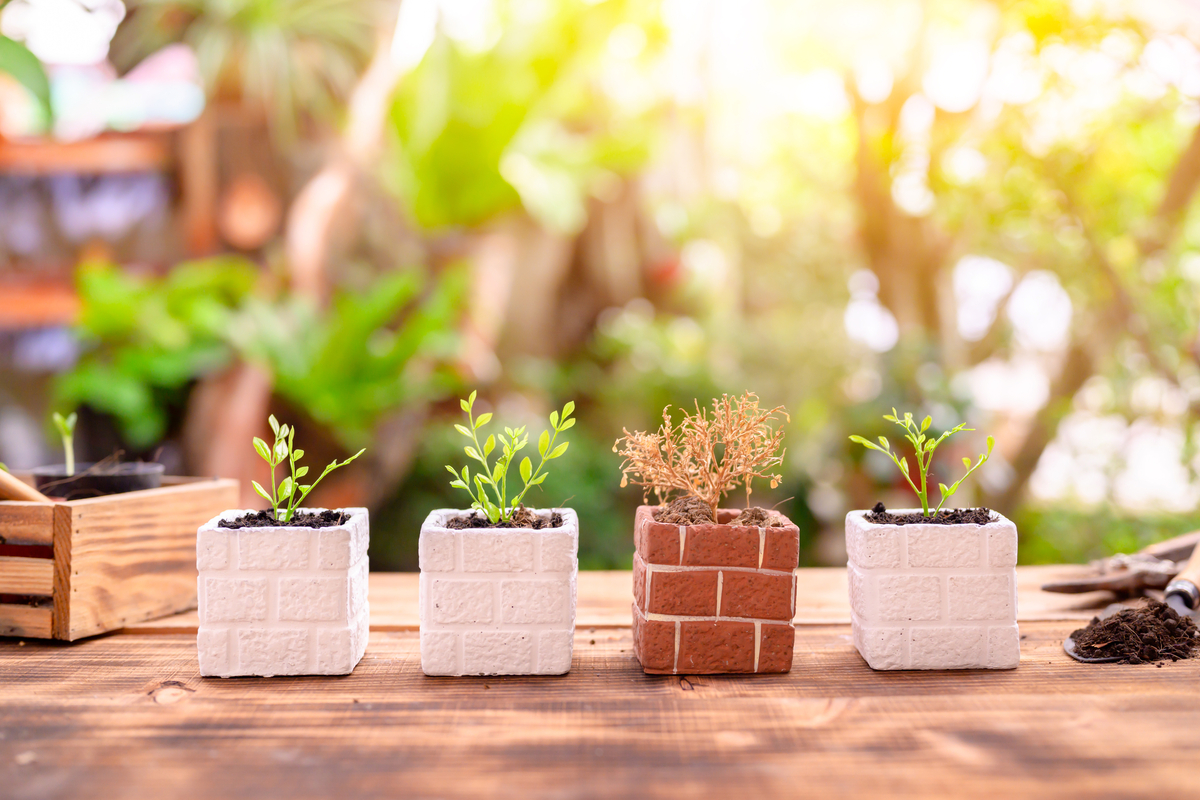
If you want to add vitamins to your garden, but aren’t entirely sure if they’d work for you, you can always run a little experiment at home! All you need is two separate garden spaces or two of the same pots or planters. Make sure all the other conditions are the same, and then add vitamins to one and not the other. This can be a great way to teach the scientific method to children, and an excellent way to see for yourself which vitamins work for you!
While the jury is still out on vitamins, there are plenty of ways you can experiment and be your own judge. Whether you decide to add vitamins, or stick to the minerals that we know for sure work, the important thing is that you enjoy your garden!

